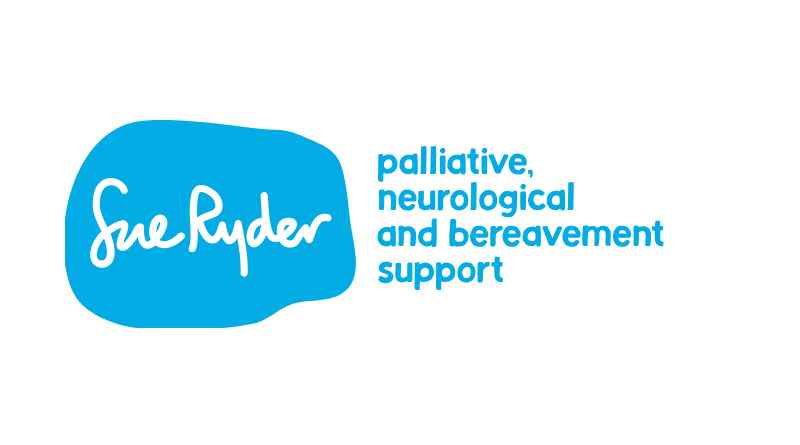Sue Ryder Warns Of Increase In Need For Palliative Care As A Residual Impact Of Coronavirus Pandemic
National healthcare charity Sue Ryder has found that over one third (34 per cent) of the public said that they, or somebody they know, have delayed seeking medical advice or treatment for potentially serious symptoms during lockdown.
The symptoms most likely to have been ignored include: new and continuous pain anywhere in their body, severe tiredness, a rash or skin issue, migraines and shortness of breath. (1)
In fact, two out of five of those who have experienced symptoms still haven’t sought medical treatment because they do not want to put pressure on the NHS or risk catching coronavirus.
The research has caused concern to the charity, given that these can be symptoms of serious illnesses including cancer Moreover, with thousands of NHS treatments for life-threatening conditions postponed or cancelled due to COVID-19, delays in diagnosis and accessing treatment may further reduce chances of survival. This has prompted Sue Ryder to begin planning for an increase in need for palliative care over the coming months and years.
Sue Ryder’s research found that over half of the public (53%) would want to receive end of life care at home, and 23 per cent would choose a hospice setting.
Even in their last few days, only three per cent of the public would want to receive end of life care in a hospital. Sue Ryder runs hospices and Hospice at Home services across England.
The charity is concerned that without a sustainable funding model for hospices, the predicted increase in need could quickly become overwhelming for the palliative care sector as a whole.
Heidi Travis, Chief Executive at Sue Ryder, said:
“Sue Ryder is constantly scanning the horizon to ensure we adapt and modernise our services in line with the nation’s attitude to their health and end of life plans.
“Our most recent research has thrown up some gravely concerning results regarding potentially serious symptoms going unchecked. When you pair that with over three quarters of people telling us that they now want to receive end of life care in either a hospice or at home, it is clear that we should expect an increase in the numbers of patients needing our care. “
The coronavirus pandemic has shown that the Government recognises specialist palliative care providers are a vital part of the integrated health and care system.
“To ensure Sue Ryder and the entire palliative care sector can continue to be there for people at the end of their lives, the Government must start planning now for how they can increase long term statutory funding and relieve the pressures facing palliative care services across the country.”
Professor Donal O’Donoghue, Royal College of Physicians registrar said:
“COVID-19 has changed all of our lives and put an extraordinary strain on our NHS, but that doesn’t mean that other illnesses and ailments no longer exist.
“Medical professionals are here to support everyone when they’re unwell – not just those who are ill with COVID-19.
“If you have an underlying health condition or are in need of medical attention, please don’t hesitate to get help from the NHS before your condition worsens.”






